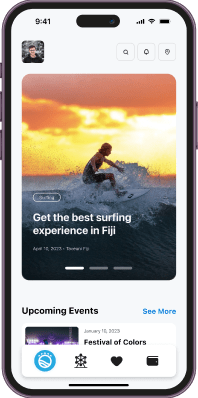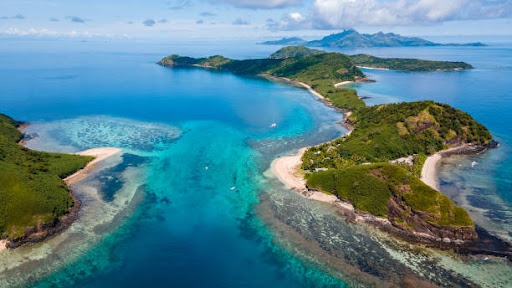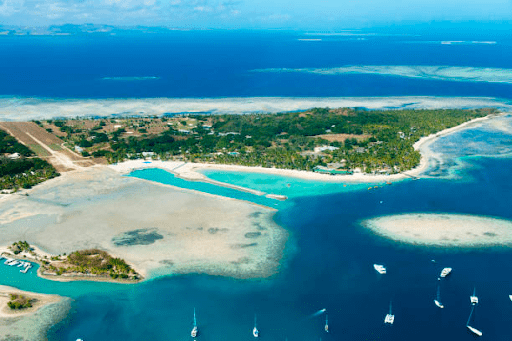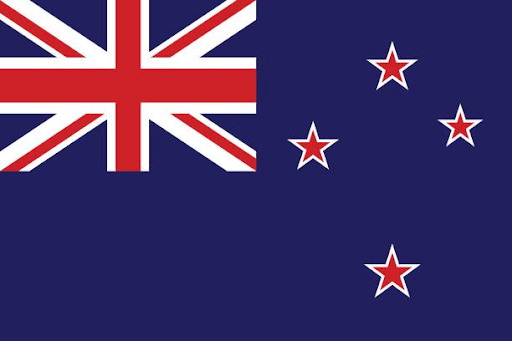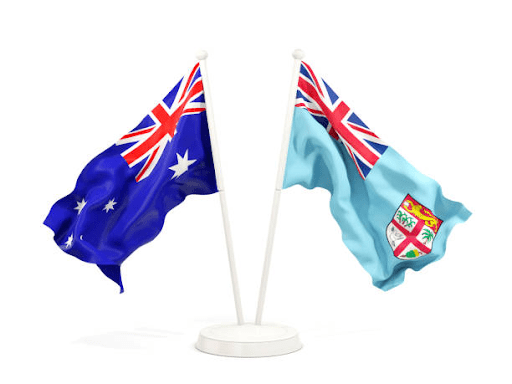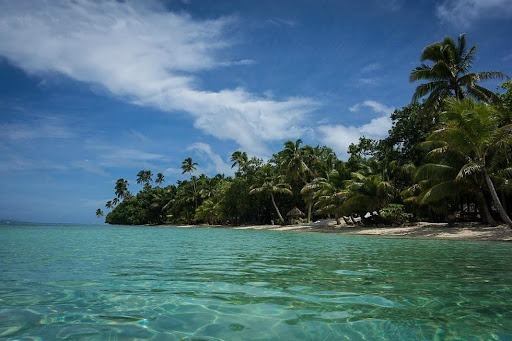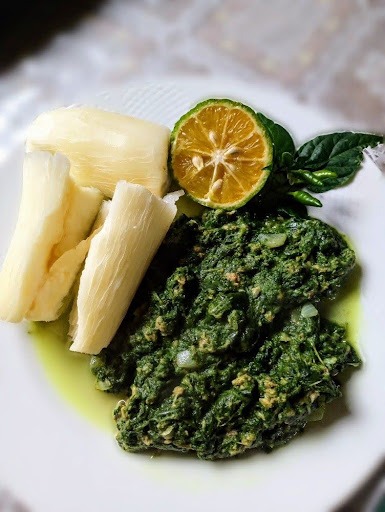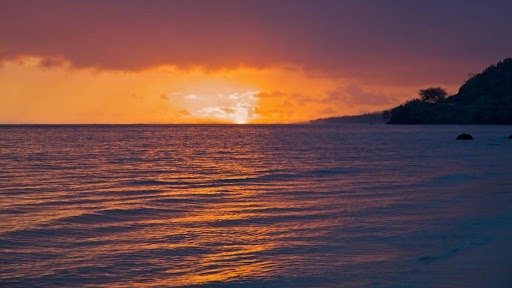Things to know: Fiji weather & lifestyle edition
View of the Naitasiri highlands from the Monasavu Dam.
Ever looked forward to a trip, only to meet non-stop rain or faced a language barrier? A well planned travel itinerary that is thoroughly researched is what most travellers want. Here are a few tips about Fiji, regarding its weather, geography of some of its main islands and a bit of Fiji’s lifestyle tips thrown in to help you interact best with locals.
Micro climates
Sun isn’t guaranteed for all of Fiji’s inhabited islands, in fact, rain has become so habitual for some places that it has become identifiable with their traditional and totemic identity. Viti Levu- Fiji’s main island, is distinctively divided between two weather patterns. Subject to the southeast trade winds, the east and south-eastern side of the island receives prevailing trade winds, bringing rain in great regularity. Instances of such areas include the central highlands of Naitasiri, and the provinces of Namosi, Serua and Rewa, where Fiji’s capital, Suva is situated. The western side of Viti Levu which involves parts of the Coral Coast, Nadi and the SunCoast, is on the leeward side of the island, making it vacation worthy for tourists looking for sea, sun and sand.
Dry and wet weather
Fiji only has two seasons which are Summer and Winter,
· Summer- also known as the Cyclone/ wet season occurs between November to April. During this period the islands experience a humid, hot and wet weather that may easily develop into tropical depressions.
· Winter- also known as the Dry season occurs around May to October. Around this time some of the lowest temperatures (12°C) are recorded in the remote highland areas of Viti Levu. Rain falls on occasion.
Topography
Fiji’s geology is made up of volcanic, sedimentary and coral formations. The larger more mountainous islands have obvious volcanic results while the far outer islands with hardly any sloping are of coral origins.
The west side of many islands are of a drier and hot climate as can be seen in the western parts of Viti Levu, in the areas of Nadi, Lautoka and Ba. The eastern side of the islands are more prone to rain and this is obvious in the central and southeastern parts of Viti Levu.
Island Remoteness
Aside from mainland Viti Levu, if you’re planning to travel to other islands then you need to take a few precautions.
· Arrange for your transport when heading out to outer island resorts or to sight-see. Transport is only consistent in urban areas, with even rural areas having scheduled transport times. If you miss any of these boarding times, then you’ll have to wait a while.
· Boat and Air travel are the only means of travel to and from these islands. Scheduled flights and ferries travel once daily or at least a couple of times a week.
· Buses, taxis, carriers and minibuses travel in between towns in urban areas with carriers specifically operating in rural areas for villages and between districts.
· You can also charter your own boat or air travel with certain tour companies in Fiji.
Sight-seeing
If you plan to go exploring on your own, note that about 90 percent of land in Fiji is indigenously owned by natives, 8 percent is free-hold and the rest is state owned. Many sites such as waterfalls, hiking and swimming spots are under native land, hence the need for precaution.
Fiji Time
In some places, this would probably be referred to as ‘island time’, that is, having the tendency to not ascribe to a schedule or a prescribed time. If a bus is late, your food order takes time or your client is running late- no worries! That’s Fiji time. Fiji time or Fijian timing has become a lifestyle to such an extent that if an event is on-time, it would cause such astonishment among Fijians.
Christianity
Fiji is still a very conservative country, with Christianity and traditionalism a focal point of many of Fiji’s villages. Hence why many Fiji tour operators encourage tourists, especially women to take a pair of sarongs along every time they visit villages and traditionally Fijian settlements.
Do not offend Fijians, avoid skinny-dipping in Fiji waters and opt for a bikini instead or other proper swim attires.
Sundays
Sundays in Fiji are quite different from other countries. For the above reason, you will notice shops closed, buses hardly operating and people not moving about on Sundays. Fijians regard Sunday as a day of worship and rest, so, try and get all shopping and things sorted on Saturday and weekdays to avoid disappointment.
Language
Language barrier would hardly be an issue in Fiji because English is one of the three official languages. Fiji also has an admirable literacy rate of over 90 percent for adults aged 15 and over.
For more travel tips, you can browse our other articles on the GoFiji website.
